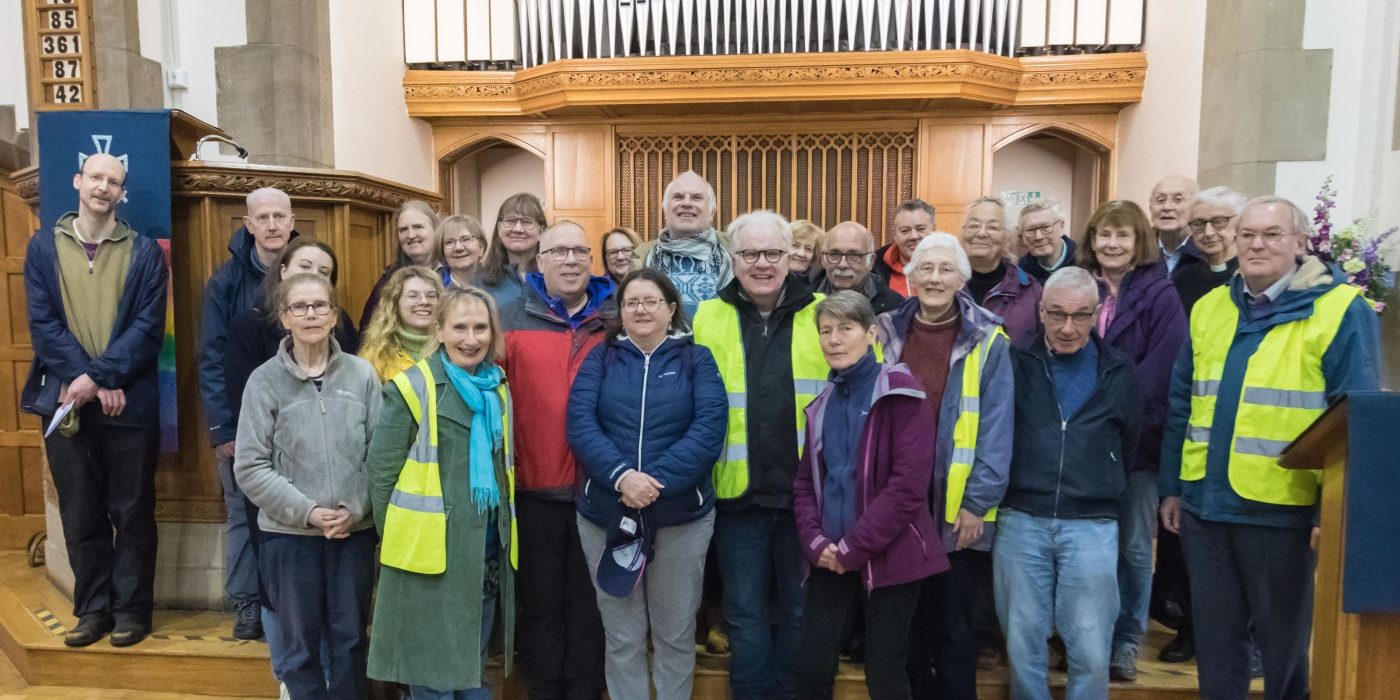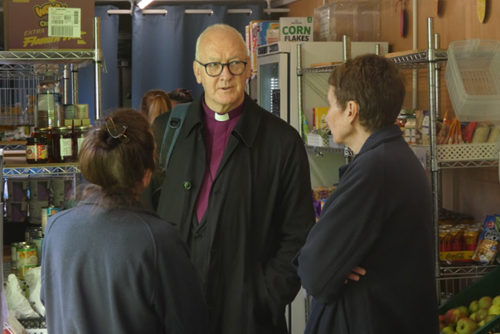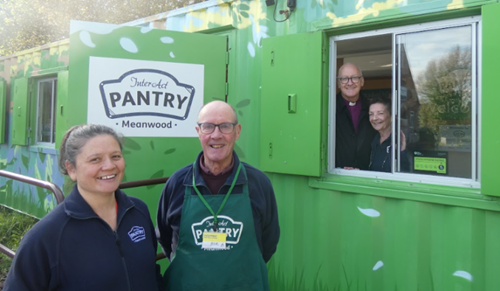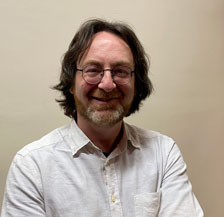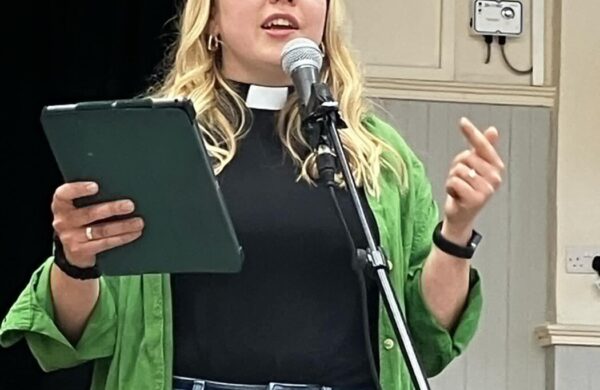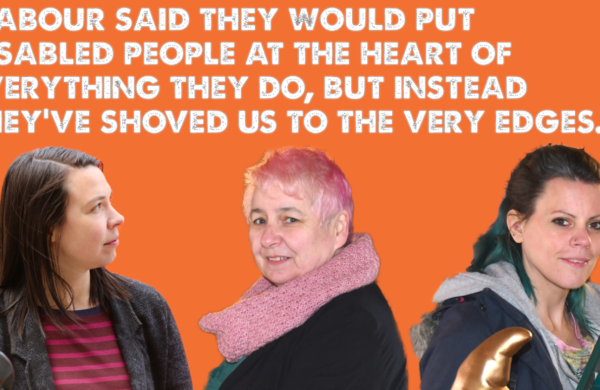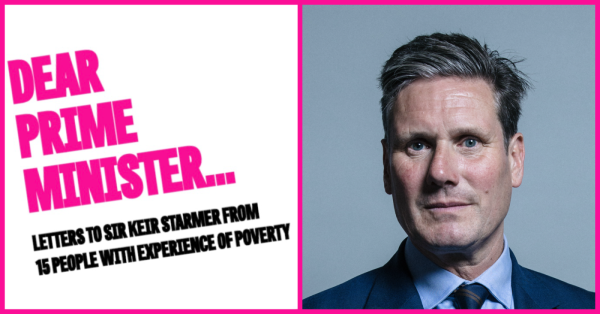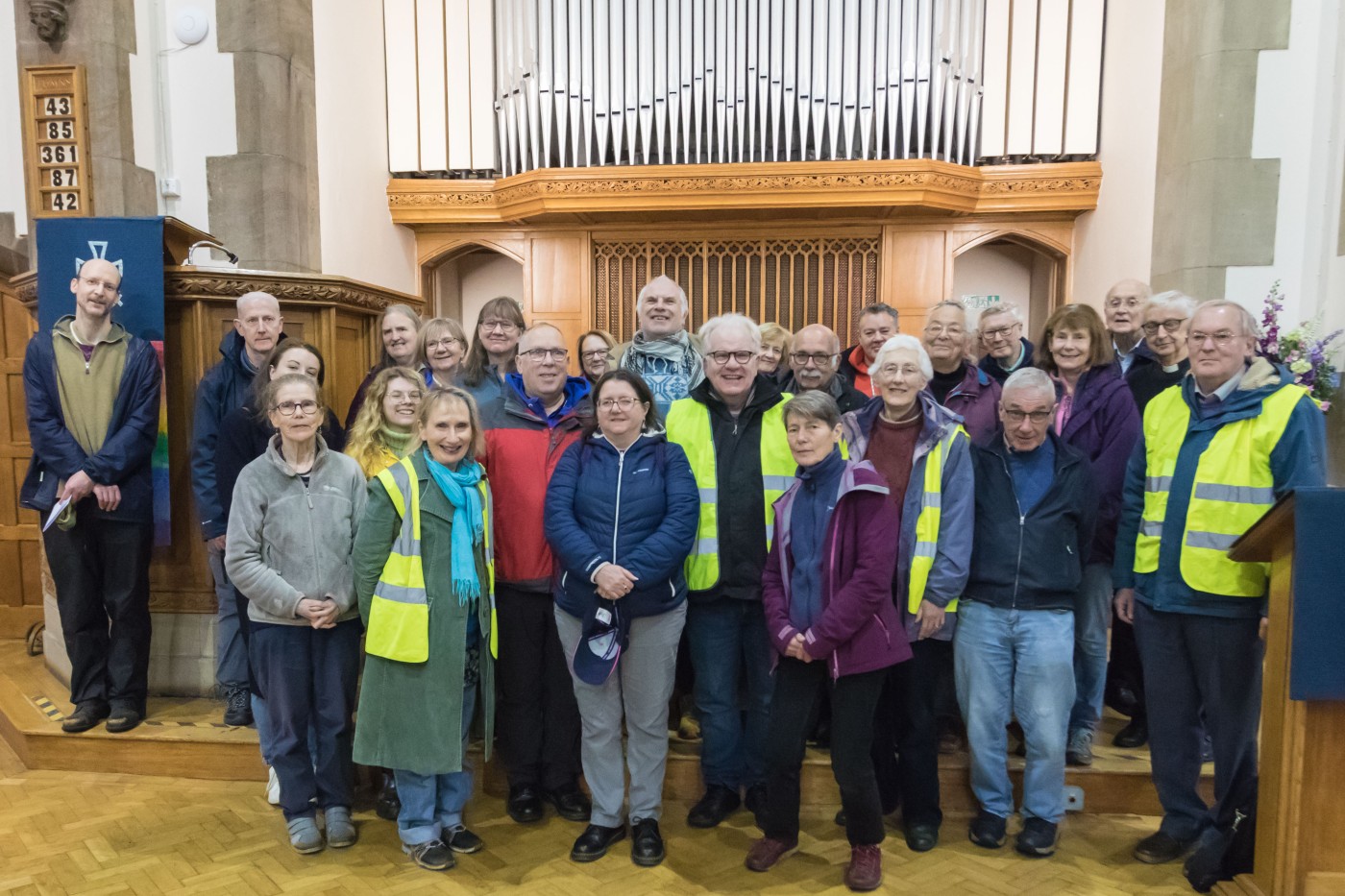
Sheffield Central Labour MP Abtisam Mohamed has urged the Government to find ways to reduce inequality by increasing financial support for low-income households and restoring support for children in their early years.
Ms Mohamed was speaking during the annual Urban Poverty Pilgrimage, staged by our local group Church Action on Poverty in Sheffield.
She told participants: “Campaigning against poverty is a very important issue for me – it is the very reason I got involved in politics.”
Ms Mohamed urged the Government to row back on sanctions which reduce sums paid to those who fall foul of benefit rules.
“The last thing we should be doing is adopting the culture of sanctions where people are being forced into work when they are not ready or when they need support to get back into work.
“Whilst I’m pleased that the Government has said we are going to review benefits and Universal Credit, I will be pressing, alongside many of my colleagues, to make sure that this review goes in the right direction so social security provides a real safety net for the people who need it the most.”
Abtisam Mohamed said she hoped the Government would restore the Sure Start programme, introduced by the last Labour government, and end the two-child limit.
“Sure Start was the main programme that benefited so many young people. It was one of the biggest travesties of the last 14 years that we lost Sure Start centres.”
Ms Mohamed welcomed the launch of Sheffield’s Poverty Truth Commission, which is bringing together people with lived experience of poverty and people from civic and business sectors who make decisions that impact upon people’s lives within the city.
She said she hopes to link the Commission with the National Child Poverty Task Force, established by the new Labour Government to develop strategies to reduce child poverty.
Sheffield Church Action on Poverty’s Urban Poverty Pilgrimage was the 15th to be staged in the city by thelocal group. The event is designed to raise awareness and understanding of how poverty is affecting people in Sheffield and the initiatives being taken by groups spanning different faiths.
This year’s pilgrimage visited the Broomhall, Broomhill, Crookes and Hillsborough areas of the city. Those attending the Pilgrimage heard from a number of people actively involved in trying to alleviate poverty.
Jillian Creasey, chair of the trustees of the Broomhall Centre, told pilgrims that energy poverty had become a major issue for people in the area and the Centre had successfully bid for £50,000 to fund Citizens Advice outreach workers and energy advice sessions for local people.
Revd Beth Keith, vicar designate of St Mark’s Church in neighbouring Broomhill, told Pilgrims how the church tries to provide one-to-one support for rough sleepers from the area who often choose its grounds as their first refuge after losing or leaving their home.
Both Broomhall and Broomhill have a higher proportion of students and people seeking sanctuary, and that is reflected in the makeup of those who find themselves homeless.
Revd Keith told pilgrims: “A number of them are victims of sexual assault and abuse – particularly asylum-seekers, who have had violent and traumatic experiences in their own communities.”
Fr Michael Umameh, parish priest at Sacred Heart Roman Catholic Church in Hillsborough, emphasised how poverty had grown overall while also spreading beyond what might be considered traditional focus areas of finance, housing, food and energy: “Poverty exists at different levels.”
Some people have the financial means, but they can’t get out because they can’t walk long distances, can’t carry shopping bags and they don’t have any transport. Others are lonely because they have no friends, and yet others have had to flee their countries and can’t speak English well enough to explain their case or fill in forms, but cannot access translators to help them.
“A lack of translators is a form of poverty as well,” said Fr Michael, emphasising the role Hillsborough Churches Together and Sacred Heart’s St Vincent de Paul Society – currently celebrating its centenary – are playing to alleviate some of those problems.
Fr Michael appealed for people to go beyond the simple stereotypes with which some people tried to stereotype people seeking sanctuary and migrants.
“When you simply call someone an immigrant you deny them their identity. Ask them their story. The best way to understand the issues is to ask people about their stories.”
Vicky Romegoux, and Veronica Hardstaff from St Mary’s, Walkley, said an influx of professionals has led to demographic changes in the area. However, Walkley is a “layered community” where there are areas of social deprivation and hidden needs, which members of St Mary’s congregation try to address through activity in a range of community groups.
At Walkley, Pilgrims also heard from Revd Dr Alan Billings, the former South Yorkshire Police and Crime Commissioner.
Dr Billings told pilgrims churches are not in touch with communities in the same way as they were in the 1980s, when he played a leading role in the Church of England’s Faith in the City Commission.
Asked if today’s church was “afraid of sticking its head above the parapet” in the way it did back in
the 1980s, he said: “When I look back at Faith in the City, I realise that when we were touring the country we were coming across congregations in urban areas who had deep roots in their communities and could tell us their story.
“A lot of that has been lost because we haven’t got the numbers that we had then – but that is true
of a lot of organisations including trade unions and political parties. All groups have weakened, but I do think the churches are not in touch in the same way.”

